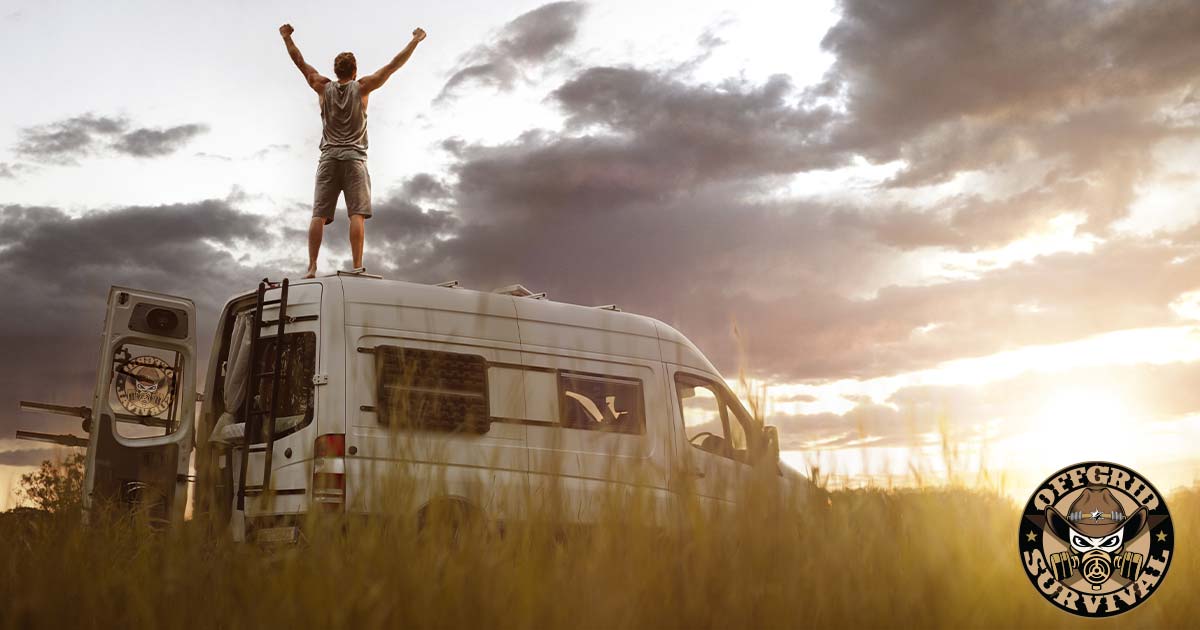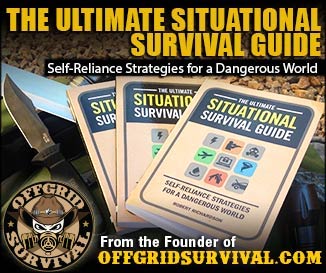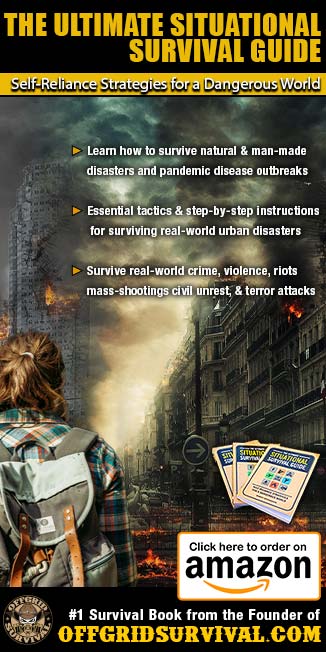Let’s talk about boondocking, also known as dispersed camping or dry camping. If you’ve never heard of it, it’s basically camping without all the usual amenities you get at traditional campgrounds. Think of it as setting up camp in the middle of nowhere, often in some pretty remote or undeveloped areas.
Boondocking is an awesome way to experience the great outdoors with a real sense of freedom and connection to nature. But, as cool as it sounds, it does come with its own set of challenges. So, let’s break down the pros and cons of boondocking and give you some tips on how to get started.
The Pros of Boondocking
Boondocking is your ticket to breaking free from the usual campground restrictions and really getting into nature. It’s super budget-friendly because a lot of the spots are on public lands and don’t cost a dime. Plus, you get a level of privacy and solitude you just can’t find in crowded campgrounds. Imagine having the peace and quiet of the wilderness all to yourself. You also get the freedom to pick your own spot, whether you’re into desert views or mountain landscapes. It’s pretty amazing!
As one couple who we interviewed a while back told us, “We boondock in beautiful wilderness areas where the quiet makes it easy to relax and slow down. The nomad lifestyle requires you to get more deeply in touch with your own survival, which has been a wonderful experience for us.”
- Cost-Effective: One of the biggest advantages of boondocking is that it’s typically free. By camping on public lands like National Forests or Bureau of Land Management (BLM) areas, you can save a significant amount of money compared to staying in RV parks or campgrounds.
- Privacy and Solitude: Boondocking allows you to escape the crowds and enjoy a more private camping experience. You can find secluded spots where you won’t be disturbed by other campers.
- Unmatched Scenery: Many boondocking sites offer stunning views and a closer connection to nature. From desert landscapes to mountain vistas, the beauty of these remote locations is often unrivaled.
- Flexibility and Freedom: You aren’t bound by campground rules and can choose your spot based on your preferences. This flexibility allows for a more spontaneous and customizable camping experience.
- Self-Reliance: Boondocking encourages you to develop self-sufficiency skills. You’ll learn how to manage your resources, such as water and power, and how to handle unexpected situations.
The Cons of Boondocking
Despite all the great things about boondocking, it’s not without its challenges. One biggie is managing your resources because there are no hookups for water, electricity, or sewage. You’ve got to be really prepared and self-sufficient, which can be a bit overwhelming if you’re just starting out. Getting to some of the best boondocking spots can be tricky too, as they’re often down rough roads that aren’t friendly to all types of RVs.
Safety is another concern. You’re out there in the wild, so you have to think about wildlife and even the possibility of running into some sketchy people. And don’t forget about the legal stuff—you’ve got to make sure you’re camping in designated areas and following all the local rules. Here at OFFGRID Survival, we always stress the importance of doing your homework and being prepared for whatever comes your way.
- Resource Management: Without hookups for water, electricity, or sewage, you must carefully manage your supplies. This means conserving water, using solar panels or generators for power, and finding places to dump waste responsibly.
- Accessibility Issues: Some boondocking spots can be difficult to access, especially with larger RVs or trailers. Rough roads, tight corners, and steep grades can make getting to your desired location a challenge.
- Safety Concerns: Being in remote areas can pose safety risks. It’s important to be prepared for wildlife encounters, have a means of self-defense, and ensure you have a way to start your vehicle if the battery dies.
- Legal and Ethical Considerations: It’s crucial to ensure you’re camping legally and ethically. Always check the regulations for the area you’re in, practice Leave No Trace principles, and be mindful of private property boundaries.
- Connectivity Issues: If you rely on internet connectivity for work or communication, remote locations can be a drawback. Cell signal may be weak or nonexistent, requiring you to invest in boosters or satellite internet solutions.
How to Get Started with Boondocking
Boondocking can feel a bit overwhelming at first, but with the right preparation, it can turn into an awesome and rewarding experience. Start by researching potential boondocking spots using resources like Campendium, FreeCampsites.net, and various apps that help you find good places. National Forests and BLM lands are great places to start. If you’re new to this, it’s a good idea to scout out locations beforehand. This way, you can avoid rough roads and make sure the spot works for you.
- Research Locations: Use resources like Campendium, FreeCampsites.net, and apps like RV Parky and Sekr to find reliable boondocking spots. National Forests and BLM lands are prime areas for dispersed camping.
- Scout Ahead: If possible, scout your potential campsites ahead of time. This will help you avoid unsuitable roads and ensure the spot meets your needs.
- Prepare Your Vehicle: Make sure your RV or trailer is ready for off-grid camping. This includes having a full tank of fuel, a charged jump pack, and enough water and propane for your stay.
- Manage Your Power: Invest in solar panels, a good battery bank, and a reliable generator. These will help you stay powered up without needing hookups.
- Safety Precautions: Bring bear spray, a firearm if you’re comfortable with it, and ensure you have a way to call for help if needed. Motion-sensitive lights can deter wildlife and unwanted visitors.
- Check Regulations: Always check the rules for the area where you plan to camp. Some places have specific regulations about campfires, waste disposal, and length of stay.
Tips from Experienced Boondockers
Experienced boondockers, especially our OFFGRID Survival readers, have a ton of invaluable advice to share. Many stress the importance of being prepared and always having a backup plan. They often highlight the need for privacy and safety, offering tips on how to secure your campsite and stay aware of your surroundings. Resource management comes up a lot too, with plenty of suggestions on how to make the most of your supplies. For those of you working remotely, staying connected is a big deal, and there are various solutions to keep your internet access up and running.
Privacy and Safety: “We’ve boondocked in very remote places for years without any problems. Just use common sense, keep your valuables secure, and enjoy the peace and quiet. One of the best things about boondocking is the seclusion, but it also means you need to be extra vigilant. We always make sure our campsite is well-lit at night and keep a close eye on our surroundings. Motion sensor lights and even some basic security cameras can go a long way in giving you peace of mind. And don’t forget about wildlife—keeping food secured and away from your sleeping area is crucial to avoid unwanted animal visitors.”
Resource Management: “We boondock between RV sites to decrease costs and then really boondock for special events. Use RV parks to dump, refill water, and charge batteries. This routine helps us stretch our resources and stay off-grid longer. For water, we’ve invested in a good filtration system so we can use natural water sources when needed. Our solar setup is paired with a reliable generator for those cloudy days. We also carry a few extra propane tanks to ensure we can cook and stay warm if the weather turns cold. It’s all about planning and making sure you have what you need to be comfortable.”
Scouting and Planning: “I highly recommend scouting out spots on a day trip in your 4WD ahead of time. Pick 2-3 potential sites to avoid the frustration of searching for hours. This approach has saved us so much time and hassle. We usually use online maps and apps to identify a few promising locations, then check them out in person. When scouting, look for level ground, access to natural water sources, and places that offer some natural protection from the elements. It’s also a good idea to have a backup plan in case your first choice is taken or inaccessible. Knowing the terrain and what to expect can make a huge difference.”
Connectivity for Remote Work: “If you’re working remote, consider a good solar setup and backup generator. For internet, hotspots work if you’re near populated areas; otherwise, consider satellite options. Staying connected while boondocking can be a bit tricky, but it’s definitely doable. We invested in a cellular signal booster which has been a game-changer in areas with spotty reception. For more remote spots, Starlink has been a reliable option, providing fast internet even in the middle of nowhere. Just make sure you have a clear view of the sky for the best signal. Having these setups allows us to work efficiently without worrying about losing connection.”
Embrace the Boondocking Lifestyle
Boondocking is an awesome way to really get in touch with nature, enjoy some serious freedom, and camp without breaking the bank. Sure, it comes with its challenges, but being well-prepared can turn those challenges into rewarding experiences. Do your homework on locations, scout ahead, and take advice from seasoned boondockers to make sure you have a safe and enjoyable trip.
At OFFGRID Survival, we’re all about helping you get ready for whatever comes your way, whether it’s living off the grid, boosting your self-reliance, or finding the best camping spots. Don’t forget to sign up for our newsletter to get regular updates and exclusive content. And check out our books to dive even deeper into survival strategies and tips.
Resources for Your Boondocking Journey
Here are some helpful resources to get you started and keep you going on your boondocking adventures. Whether you’re living full-time in your RV, looking for the best off-grid power solutions, or just need some tips on the nomadic lifestyle, these guides from OFFGRID Survival have you covered:
- Boondocking Road Nomads: Survival Living in a Vehicle, Van or RV: Learn how to live on the road and thrive while boondocking.
- Roaming the Open Road: Tips for Full-Time RVing Living: Essential tips and advice for living full-time in your RV.
- OFF-Grid Lithium-Ion Batteries: Which Batteries are the best for off-grid power!: Find out which lithium-ion batteries are best for your off-grid power needs.
- OFFGRID Living in an RV: Living a Nomadic Lifestyle: Tips and tricks for living an off-grid, nomadic lifestyle in your RV.
- Sign Up for Our Newsletter: Subscribe Here
- Check Out Our Books:







I love the quietness of it! There is some type of serenity about being miles from anybody else!